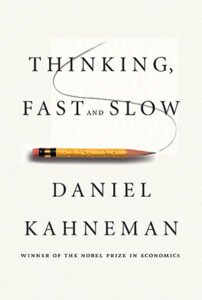|
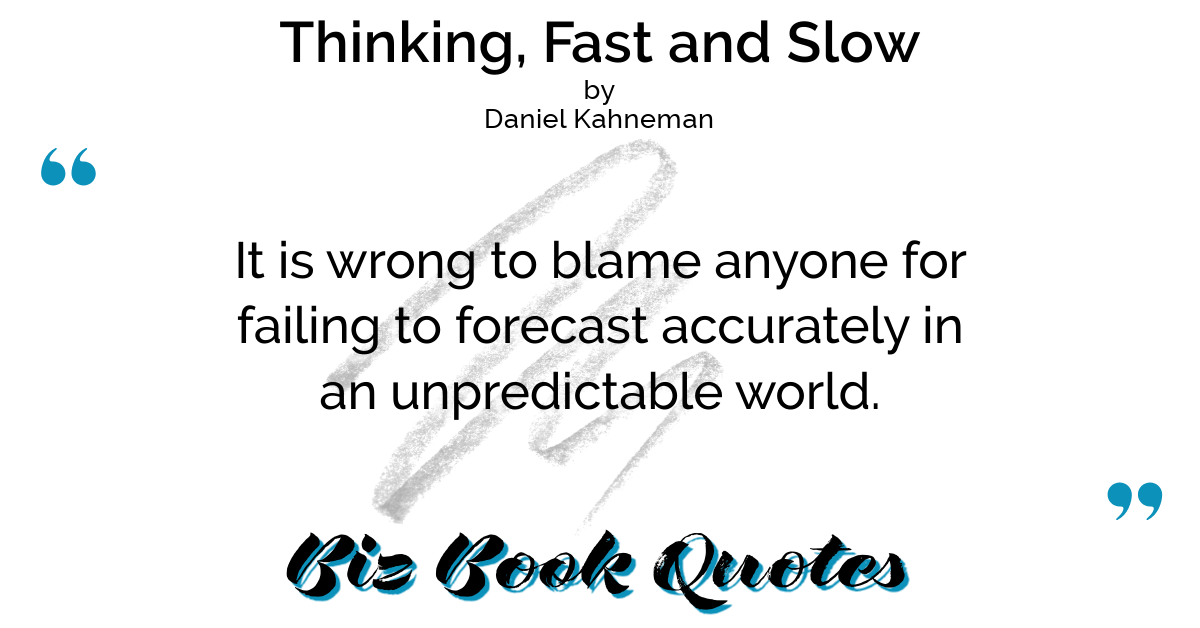
|
Thinking, Fast and Slow:
It is wrong to blame anyone for failing to forecast accurately in an unpredictable world.
|
241 |
|
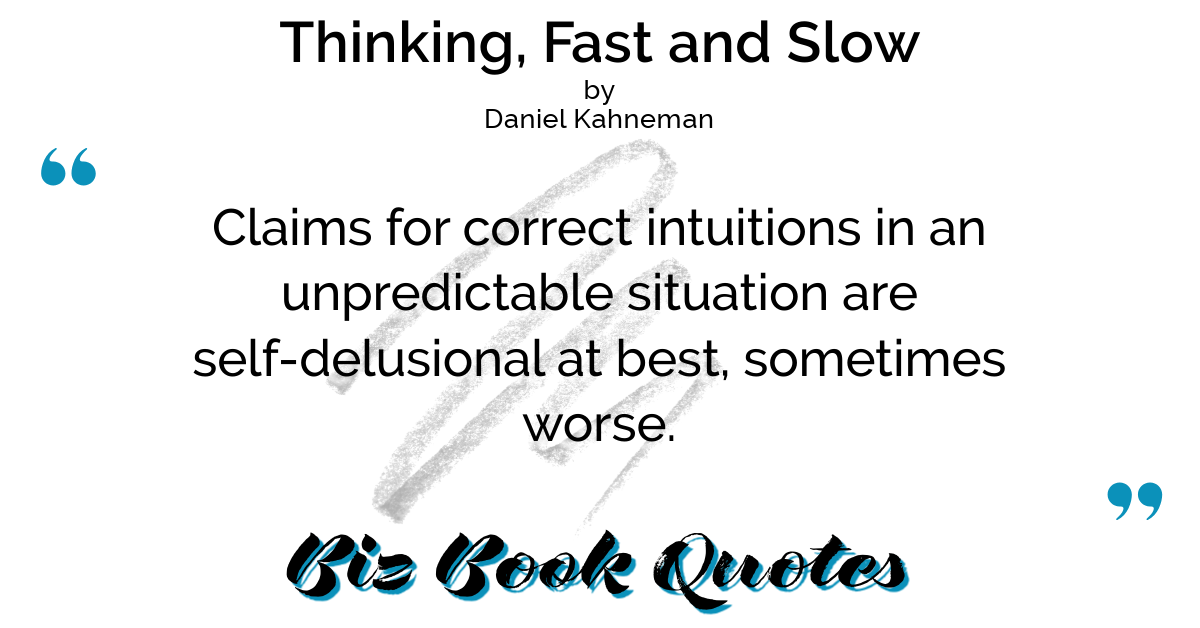
|
Thinking, Fast and Slow:
Claims for correct intuitions in an unpredictable situation are self-delusional at best, sometimes worse.
|
241 |
|
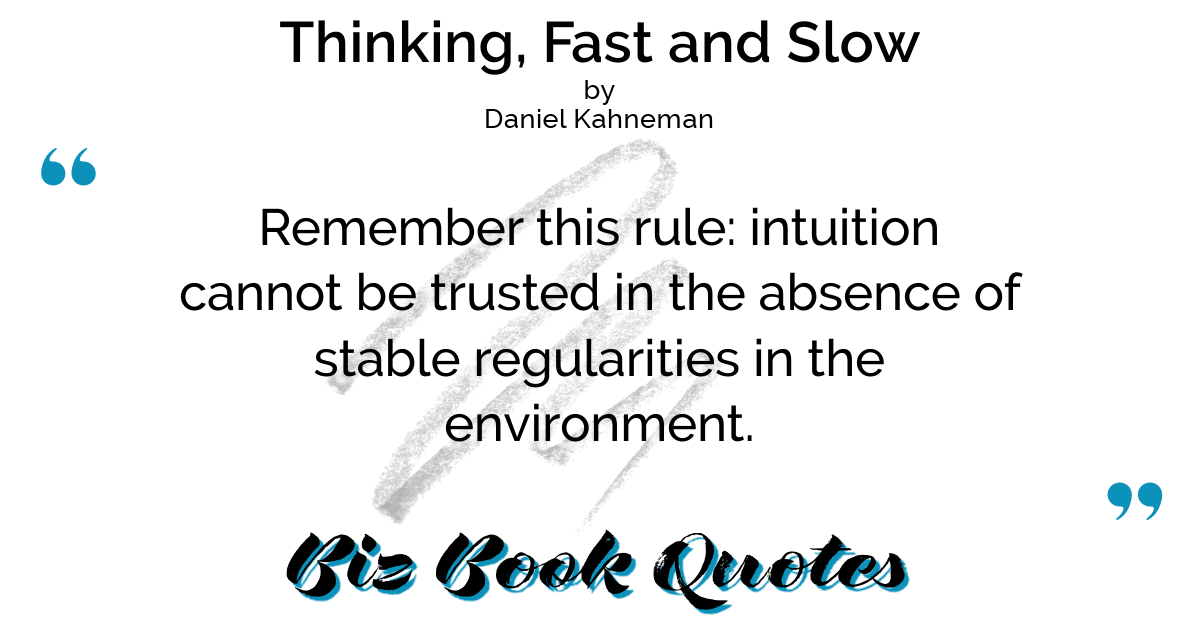
|
Thinking, Fast and Slow:
Remember this rule: intuition cannot be trusted in the absence of stable regularities in the environment.
|
241 |
|

|
Thinking, Fast and Slow:
Whether professionals have a chance to develop intuitive expertise depends essentially on the quality and speed of feedback, as well as on sufficient opportunity to practice.
|
241 |
|

|
Thinking, Fast and Slow:
The unrecognized limits of professional skill help explain why experts are often overconfident.
|
242 |
|
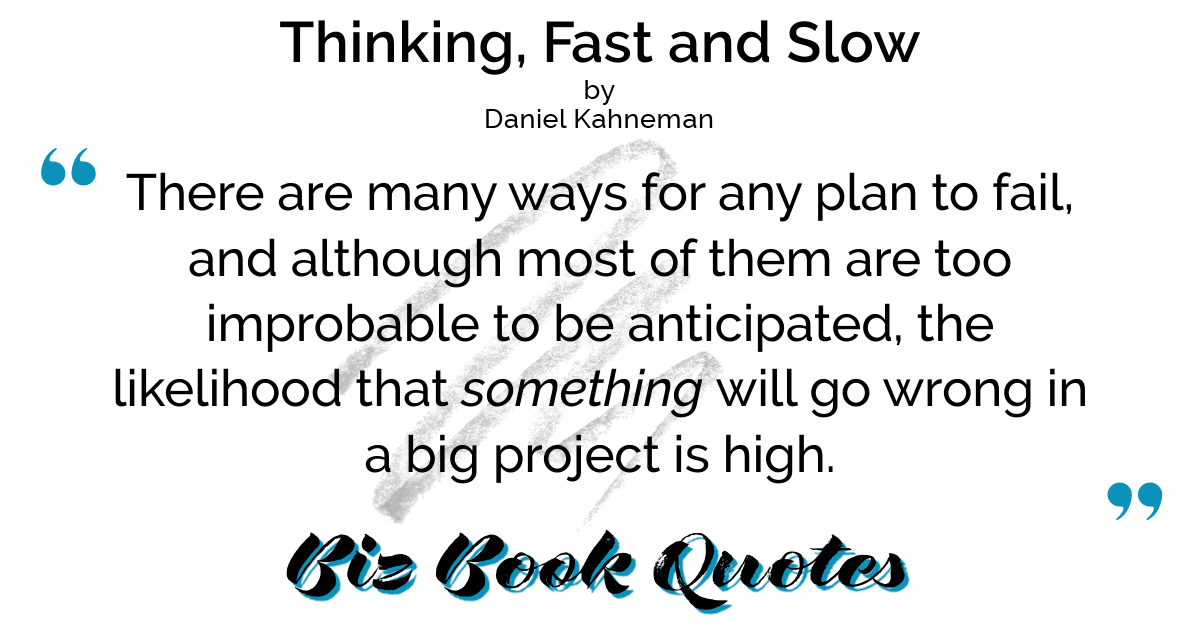
|
Thinking, Fast and Slow:
There are many ways for any plan to fail, and although most of them are too improbable to be anticipated, the likelihood that something will go wrong in a big project is high.
|
248 |
|
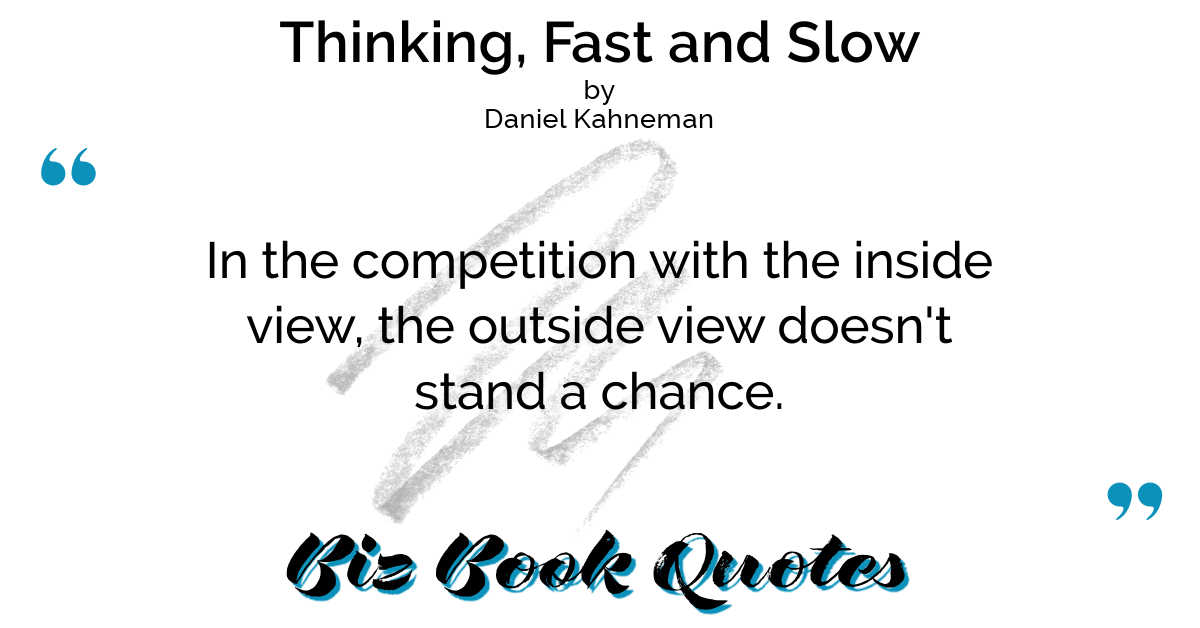
|
Thinking, Fast and Slow:
In the competition with the inside view, the outside view doesn’t stand a chance.
|
249 |
|
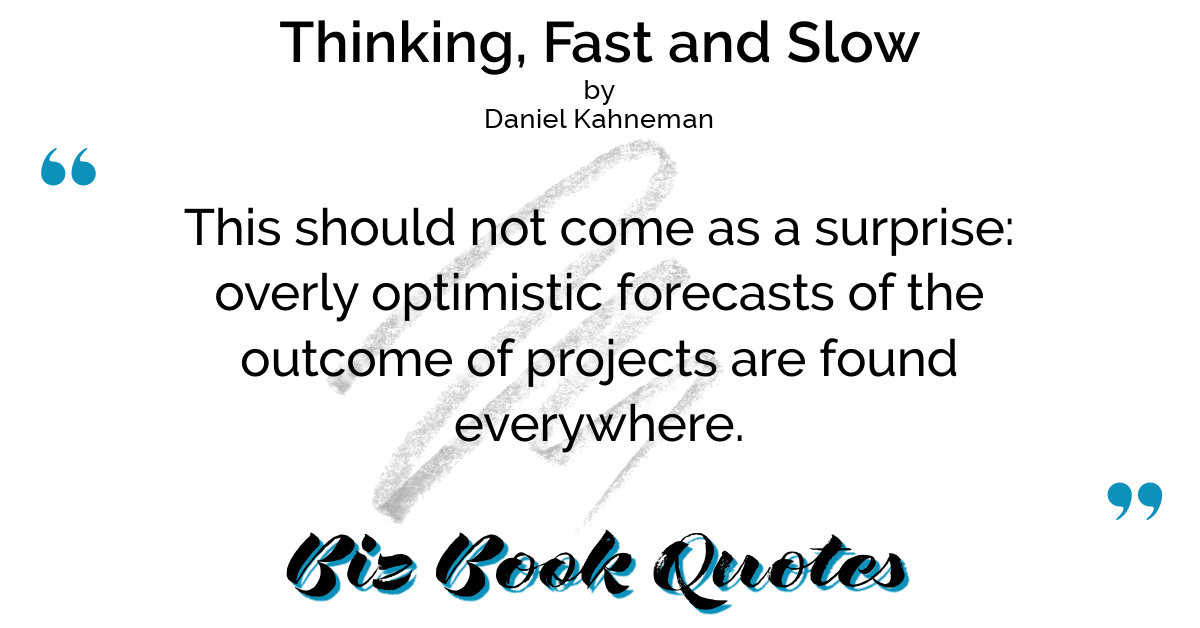
|
Thinking, Fast and Slow:
This should not come as a surprise: overly optimistic forecasts of the outcome of projects are found everywhere.
|
250 |
|
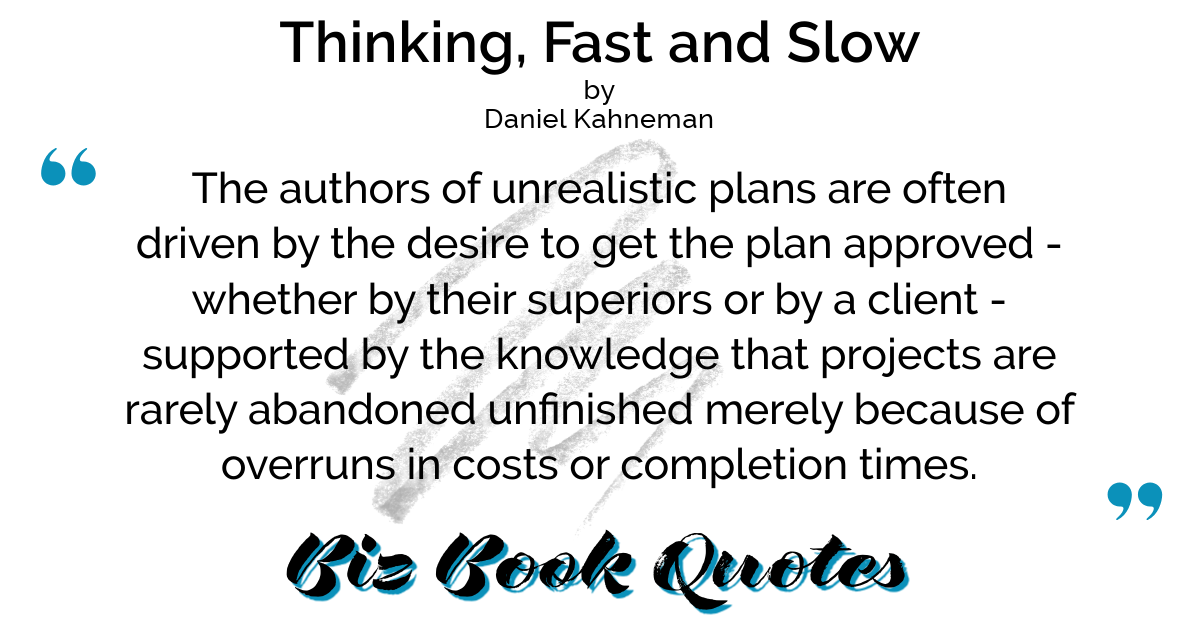
|
Thinking, Fast and Slow:
The authors of unrealistic plans are often driven by the desire to get the plan approved – whether by their superiors or by a client – supported by the knowledge that projects are rarely abandoned unfinished merely because of overruns in costs or completion times.
|
250 |
|

|
Thinking, Fast and Slow:
…responsibility for avoiding the planning fallacy lies with the decision makers who approve the plan.
|
251 |
